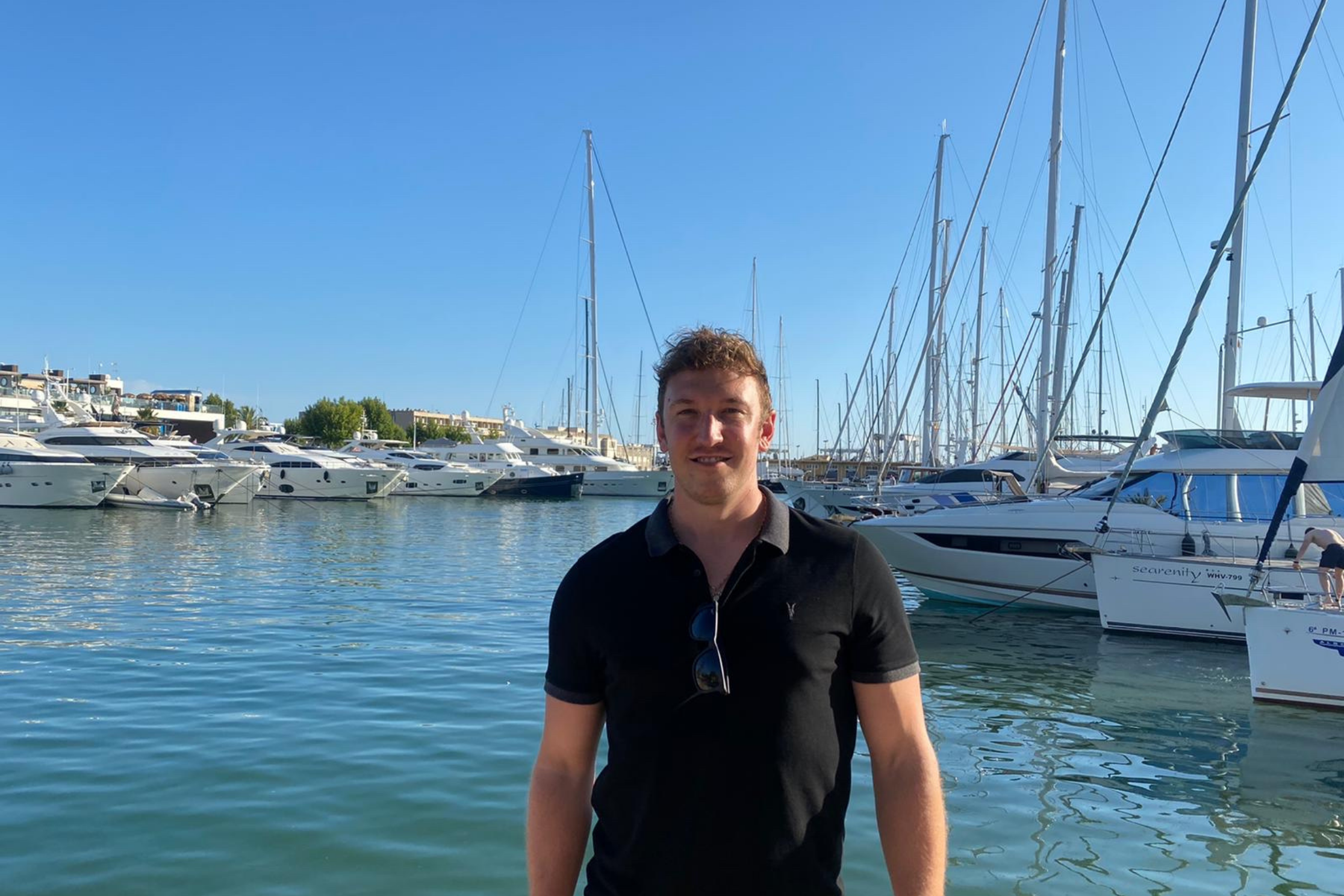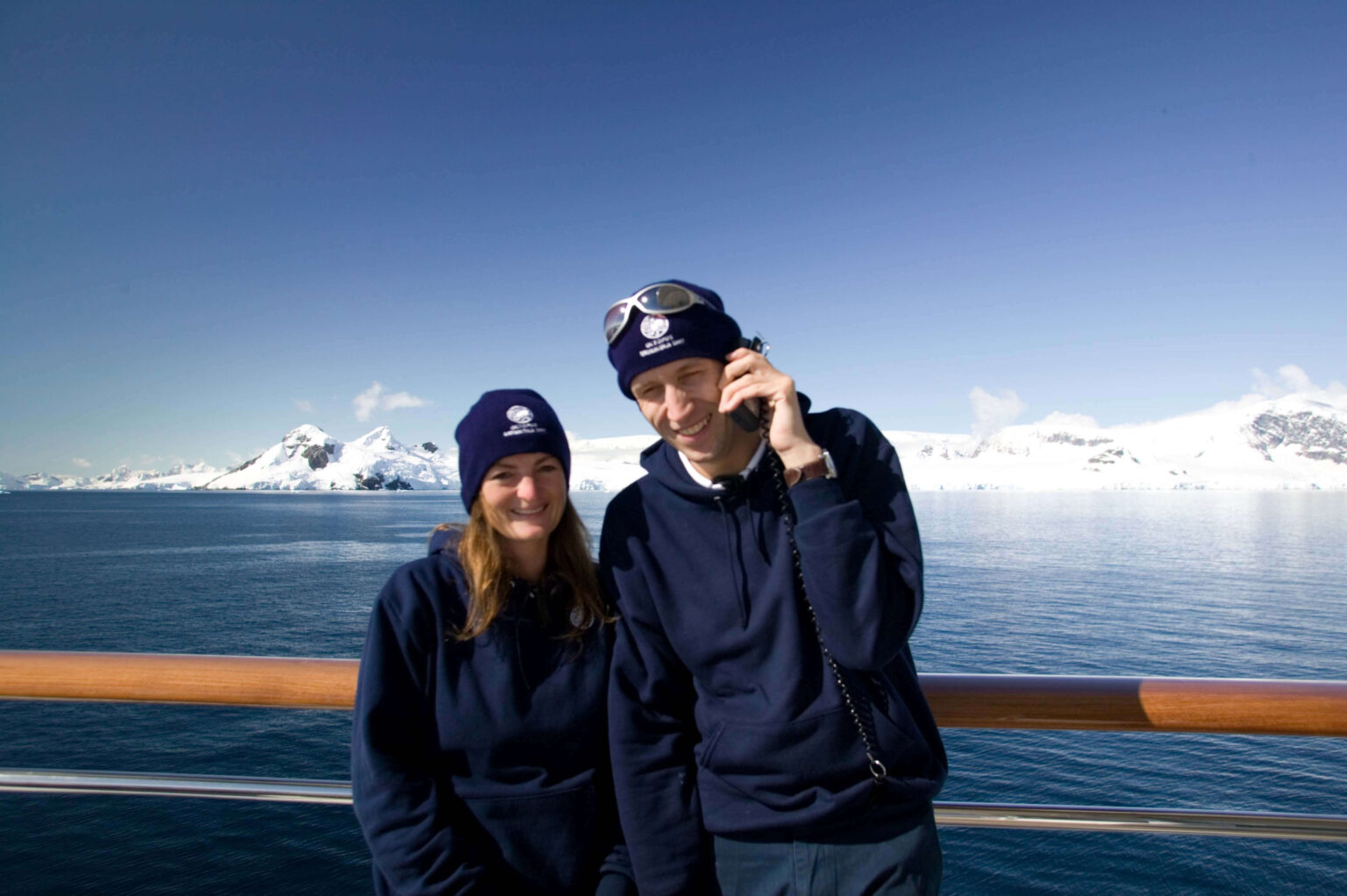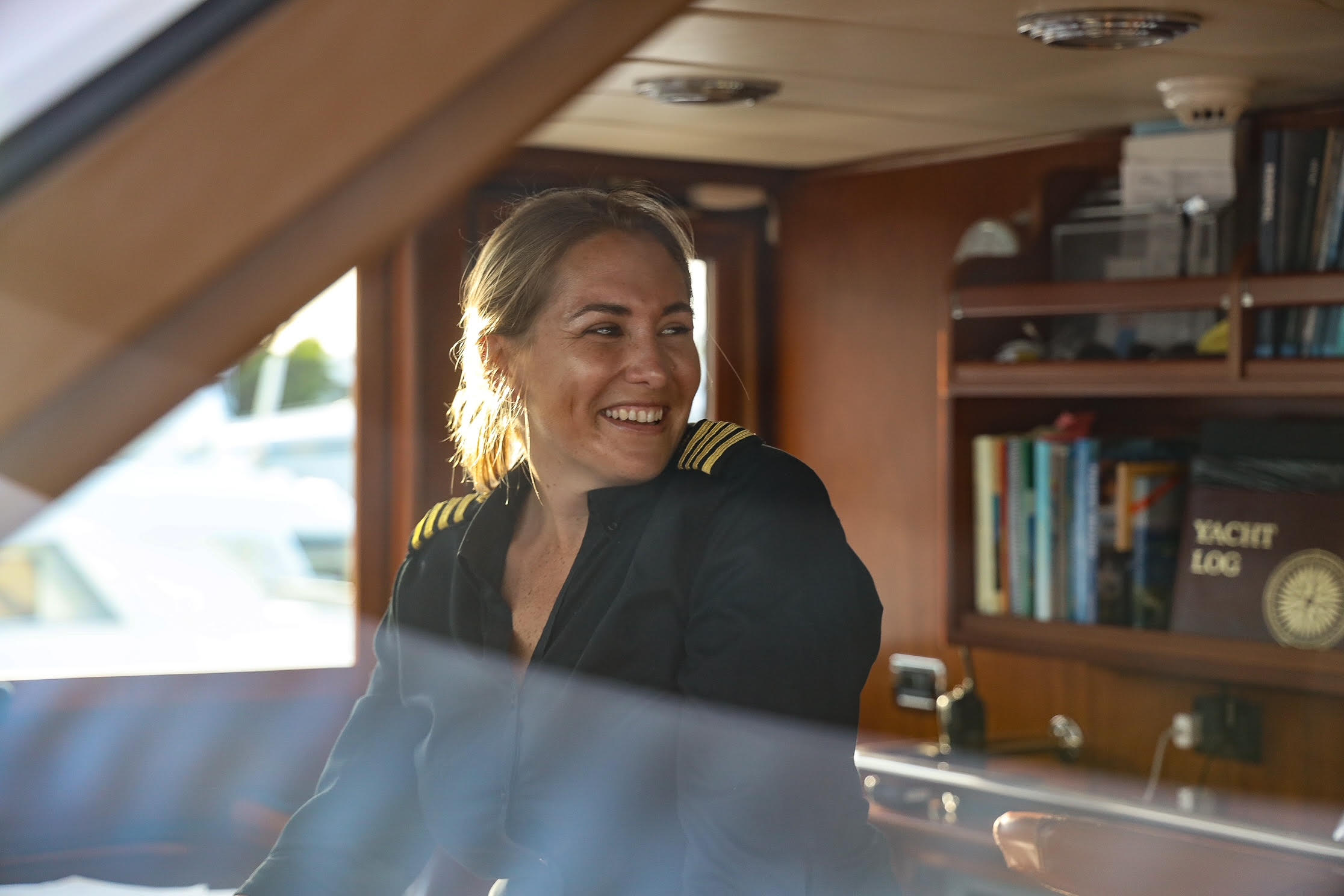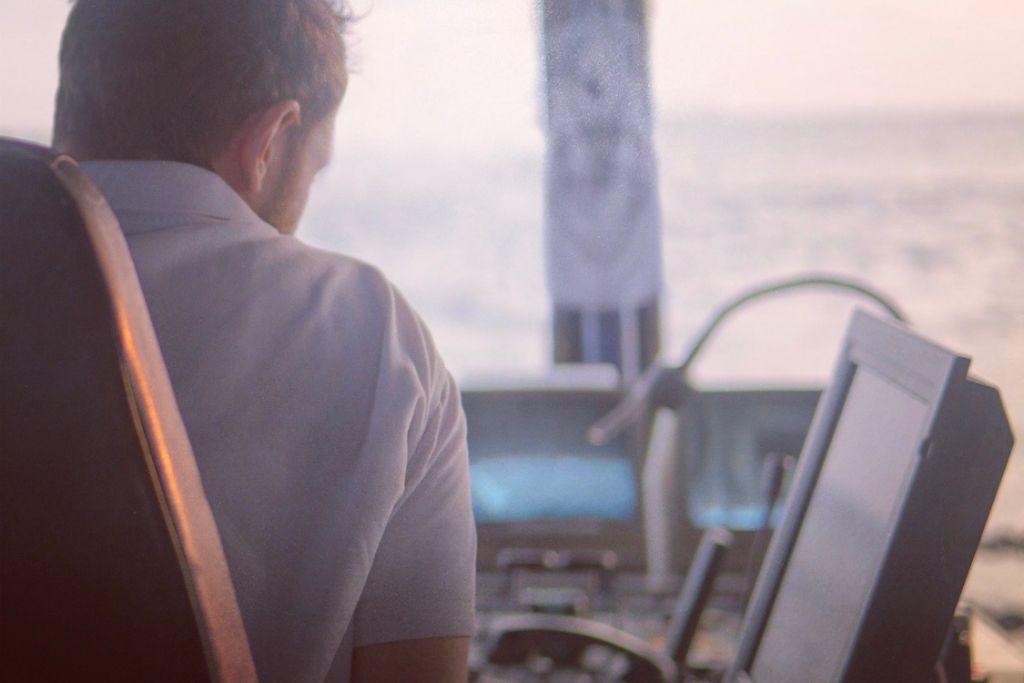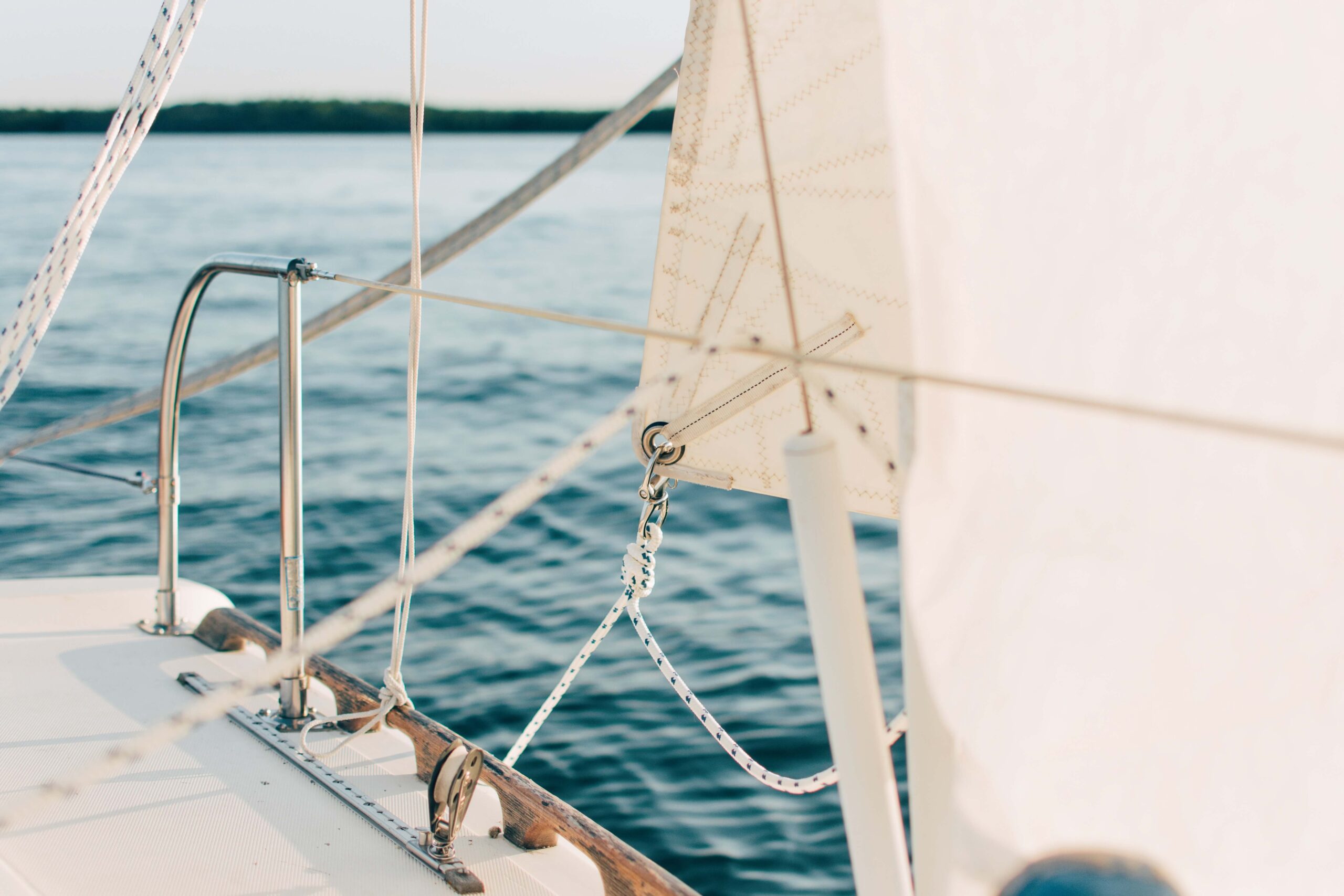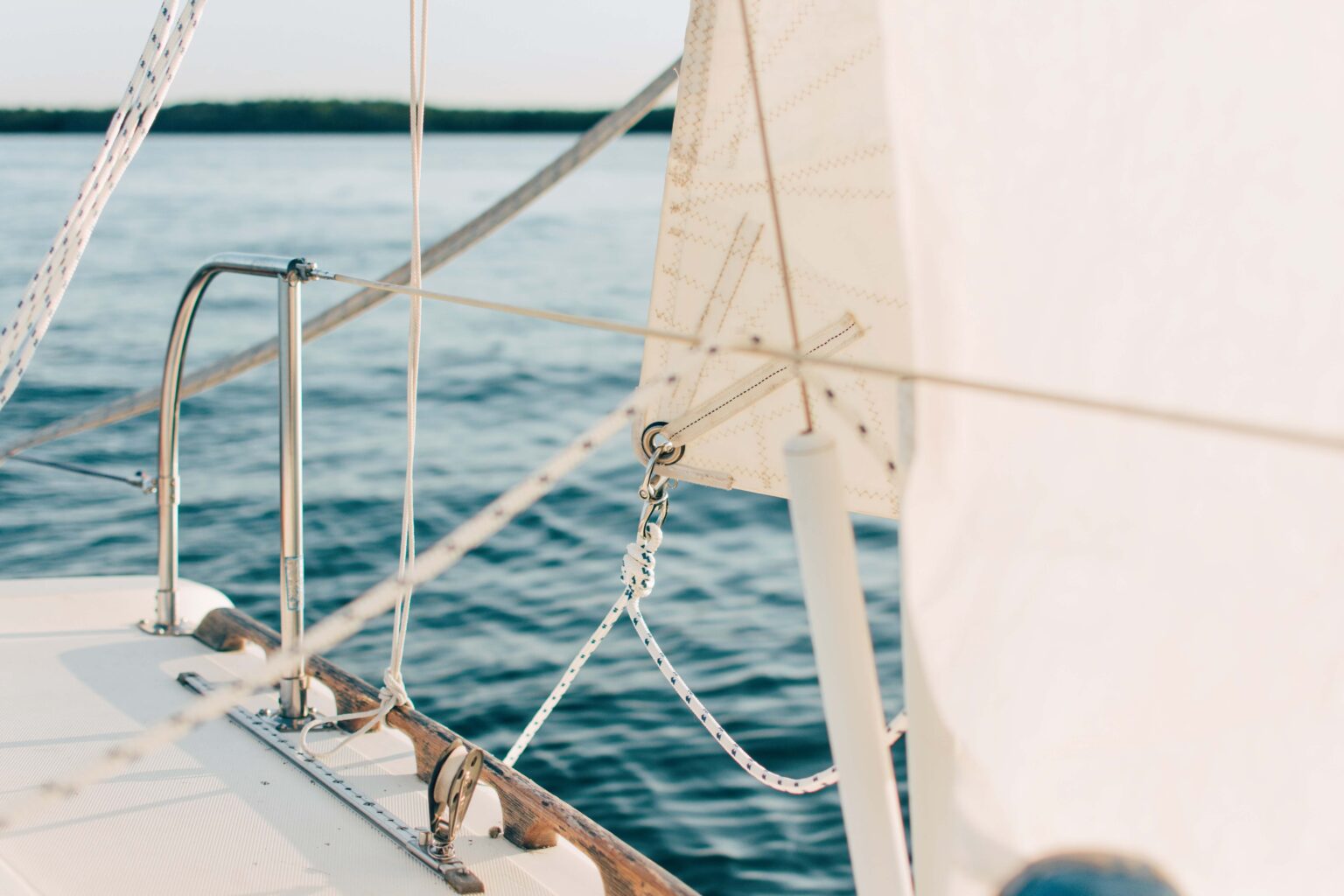Chief Officer Richard Craven’s Take On Mental Well-Being On Board
Richard is from a small town but that had no effect on the limit of his dreams. With a cruise ship background and an upgrade to a prestigious yachting career, Richard is well on his way to landing his own Captaincy. Mental well-being is well and truly on his radar, he is absorbing best practices from superiors he admires in order to carry those through to his own Command one day. We caught up with Rich to delve into his career and journey, weighing in on COVID and mental well-being onboard in today’s current climate.
You’ve had an exciting and varied career – can you tell us a little about your background and where you’re from?
I’m from Selby, North Yorkshire in the UK although I now live in Newquay, Cornwall. I began my career at sea with a cadet ship with Princess Cruises. I then moved across to yachts at the age of 23, having worked on 4 different yachts to date, ranging from 60-160m.
How did you first get involved with the superyacht industry?
I first came across yachting during my stint on cruise ships. I viewed it as the pinnacle with the high standards they set so, with the help of a colleague who made the jump a few years earlier, I transferred across.
What has been your most favourite part about a career in yachting?
My favourite part of yachting has been the opportunity it has given me to see so many different parts of the world.
Is there an achievement or contribution within your career that you are most proud of?
Achieving my Master Mariners Unlimited and first stepping up as Relief Captain is my proudest moment so far.
Looking after the mental well-being of your crew is a huge part of your job, how prepared for that were you when you first climbed the ranks?
I don’t think this is something you can ever be fully prepared for. I covered as Relief Captain during the peak of the COVID pandemic and managing the crews’ mental health was one of my biggest challenges. I have been fortunate enough to have worked under some great captains and I followed their lead in taking the time to regularly check in on everyone and actively promoting an open door policy so that crew would know I was approachable whatever their issue.
In your view, what are the biggest pressures and factors which contribute to poor mental well-being at sea?
I think long contracts away from loved ones is one of the biggest pressures on mental well-being. I think the yachting industry is doing a great job of moving towards better rotations over the past few years for all crew and I hope to see the commercial sector follow suit. Additionally; improvements in communication has made it easier to regularly contact home, and I believe this has helped with mental well-being in our industry, particularly during the pandemic.
What does a healthy working environment for mental well-being on board look like to you and how do you go about creating it?
I believe it looks like a workplace with both internal and external support systems in place. With the opportunity to take some time away from work to relax, socialise and enjoy some of the advantages of our industry such as seeing a new location. Although we all live and work in a tight space, a ship can actually feel like loneliest place if you’re having a hard time so it’s important people know there is a support network around them. This can be achieved by hiring the right people, organising crew events, and working as a team to bring the crew together so they become friends rather than just colleagues so as to watch out for one another. Then by setting up a mental health service such as offered by Medaire that crew have access to that gives an external support system if crew want to speak to someone other than their colleagues.
What are some ways that you look after your own mental well-being whilst you’re onboard?
My number one way to mentally reset is to take an hour out for the gym each day. I see a lot of yachts promoting crew circuit classes, yoga, fitness challenges etc. which is great. Additionally I find a few hours ashore once in a while or an evening off to spend with the crew is great for my mental well-being.
As discussions surrounding diversity and mental well-being are slowly increasing within the industry, what would you like to see in the industry in the next 10 years?
I would like to see mental health awareness have its own segment as part of the STCW medical courses. The more crew who can recognise the signs of mental health issues, the quicker we can respond and help one another.
And finally, where to next for you?
Next for me is to continue understudying experienced Captain’s on my current vessel so that I’m ready to step up to a permanent Captains role when the time is right.
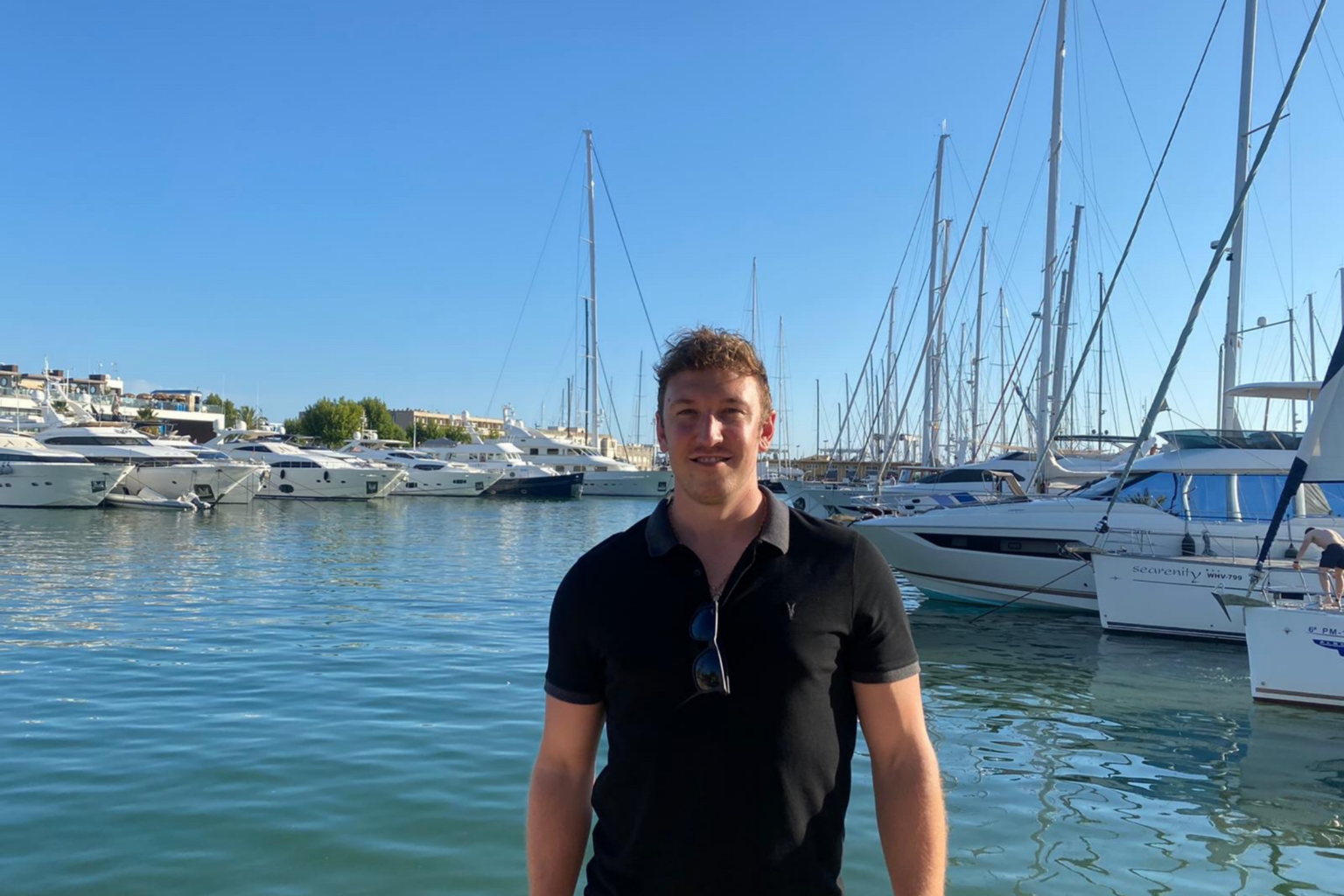
It is clear that we can expect great things from Richard and we can’t wait to follow his journey in the industry. With mental well-being onboard being a priority, we look forward to watching him shape into one of the fine Captain’s of today. All the best, Rich!

